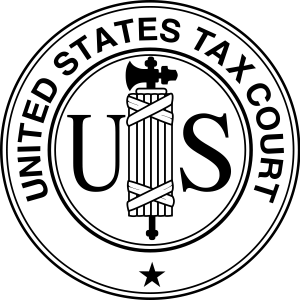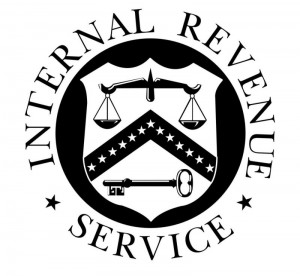 Facing a deadline to file a petition to challenge your Statutory Notice of Deficiency or seek a Redetermination of Collection Due Process Hearing while the federal government is shut down?
Facing a deadline to file a petition to challenge your Statutory Notice of Deficiency or seek a Redetermination of Collection Due Process Hearing while the federal government is shut down?
Your deadline is not extended.
Statutory Filing Deadlines
The Tax Court lacks the authority to extend statutory filing deadlines imposed in the Internal Revenue Code. So, even though you may not hand deliver the petition to the Tax Court (since it is closed), you still must file by the statutory deadline.
Accomplish your filing and preserve your rights by timely mailing the petition. The post office is still open during the shutdown.
You may also deliver the petition by an approved private express delivery company (FedEx, UPS, etc.). Note that the standard for determining compliance with the deadline by mail is a timely USPS postmark. However, the standard for timely filing for express companies is a certificate of delivery. Confirm that the delivery company you are using will deliver or issue a certificate of delivery to an office that is closed, such as the Tax Court, before relying on that option to file your petition.
Other Tax Court Due Dates Extended
Due dates previously set by Tax Court Rule or Order for filing a document, completing discovery, or any other act shall be extended. All such due dates on or after October 1, 2013, shall be extended by the number of days that Court operations are suspended, up to a maximum extension of 5 days from the date the Court resumes operations. If the extended due date falls on a Saturday, Sunday, or a “legal holiday”, the due date shall then be the next succeeding day that is not a Saturday, Sunday, or a legal holiday.
Read the Tax Court guidance here:
Tax Court Government Shutdown Public Statement








